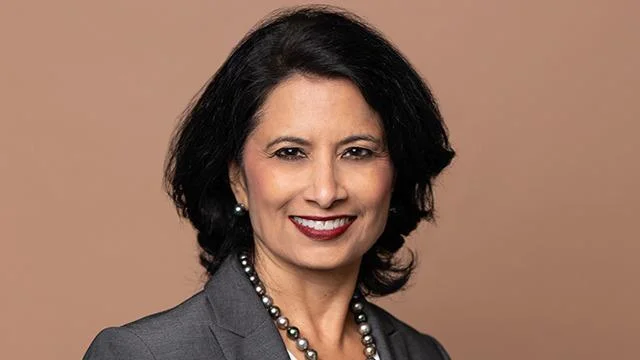For 46 years, Arte Público Press has played a central role in publishing Latino literature in the United States. Founded and directed by Nicolás Kanellos, the nonprofit press is based at the University of Houston and is recognized as the oldest and largest publisher of Latino literature in the country.
Arte Público Press began in 1979, following the success of Revista Chicano-Riqueña, a literary magazine launched by Kanellos and Luis Dávila in 1973. When Kanellos joined the University of Houston’s College of Liberal Arts and Social Sciences in 1980, he brought Arte Público Press with him.
“For us, regional is not a negative word, it’s a positive word,” founder and director Nicolás Kanellos said. “Because everybody lives in a region, and they deserve to have their culture come into print.”
Over its history, Arte Público Press has published works from writers such as Sandra Cisneros, Luis Valdez, Victor Villaseñor, and Isabel Allende. The press received national recognition when it won the Ivan Sandrof Lifetime Achievement Award from the National Book Critics Circle in January 2019. In October 2024, President Joe Biden awarded Kanellos the National Humanities Medal for his contributions.
Kanellos highlighted how Arte Público Press focuses on stories rooted in specific communities—like those from Texas’ Rio Grande Valley or New York’s Loisaida neighborhood—that are often overlooked by mainstream publishers. Under his leadership, Arte Público released fiction, poetry, biographies and children’s books reflecting diverse aspects of Latino life.
Among its notable projects is Manuel Ramos’s Luis Montez Mystery series. Ramos published his first novel with Arte Público Press in 2012; since then he has released ten titles through them. In October last year, Kanellos secured a licensing agreement with Warner Bros. Television to option nine novels by Ramos for potential film or television adaptation.
“As a Chicano writer who does Chicano noir and mysteries, it’s not always easy to be pinned down with certain labels. Dr. Kanellos helped me understand how to package it,” Ramos said.
The press operates an “over-the-transom” policy—accepting unsolicited manuscripts—which results in about 2,000 submissions each year but only around 25 to 30 books published annually.
Its nonprofit status allows Arte Público to prioritize underrepresented voices within publishing. José Aranda—a Rice University professor who serves on the board of the Recovering the U.S. Hispanic Literary Heritage Program—said that this approach reflects Kanellos’ vision: “Dr. Kanellos very smartly understood that having a press wasn't only about helping people make careers as writers but establishing the long-term understanding that the writing by Hispanic people had been going on for centuries.”
Gabriela Baeza Ventura started at UH as a doctoral student in Latin American literature before joining Arte Público Press as a research assistant; she later became managing editor, executive editor and then deputy director.
“The best thing I’ve noticed over the years is her collaborative nature and how she brings people together,” Kanellos said. “She took on leadership without my having to push her or mentor her. There were no two thoughts about it — it was just obvious.”
Now serving as director of Arte Público Press after Kanellos stepped down, Baeza Ventura aims to continue uplifting Latino authors—including those telling stories about women or young men empowered by their heritage—and plans to launch mentorship programs for aspiring editors amid industry changes such as declining readership rates and reduced funding for child literacy initiatives.
Innovation also continues through efforts like the U.S. Latino Digital Humanities Center led by Baeza Ventura alongside co-director Carolina Villarroel; this center develops digital projects using both archival materials and contemporary content while offering scholarships since 2019 for students engaged in these projects.
“The most valuable thing Dr. Kanellos gave me is the resilience and the patience to understand that things do change,” Baeza Ventura said. “In the world of Latino publishing, we are constantly working against all kinds of odds.”
Despite shifts within culture and media consumption habits nationwide https://www.pewresearch.org/short-reads/2021/10/21/the-decline-of-reading-in-america/, both outgoing director Kanellos and new leadership remain committed to promoting Latino voices through literature.
“Don’t give up. That’s another thing we’ve done — we don’t give up,” he said.

